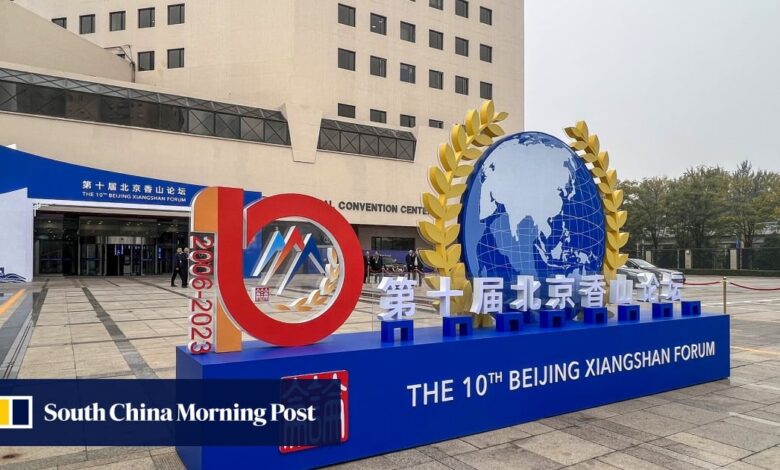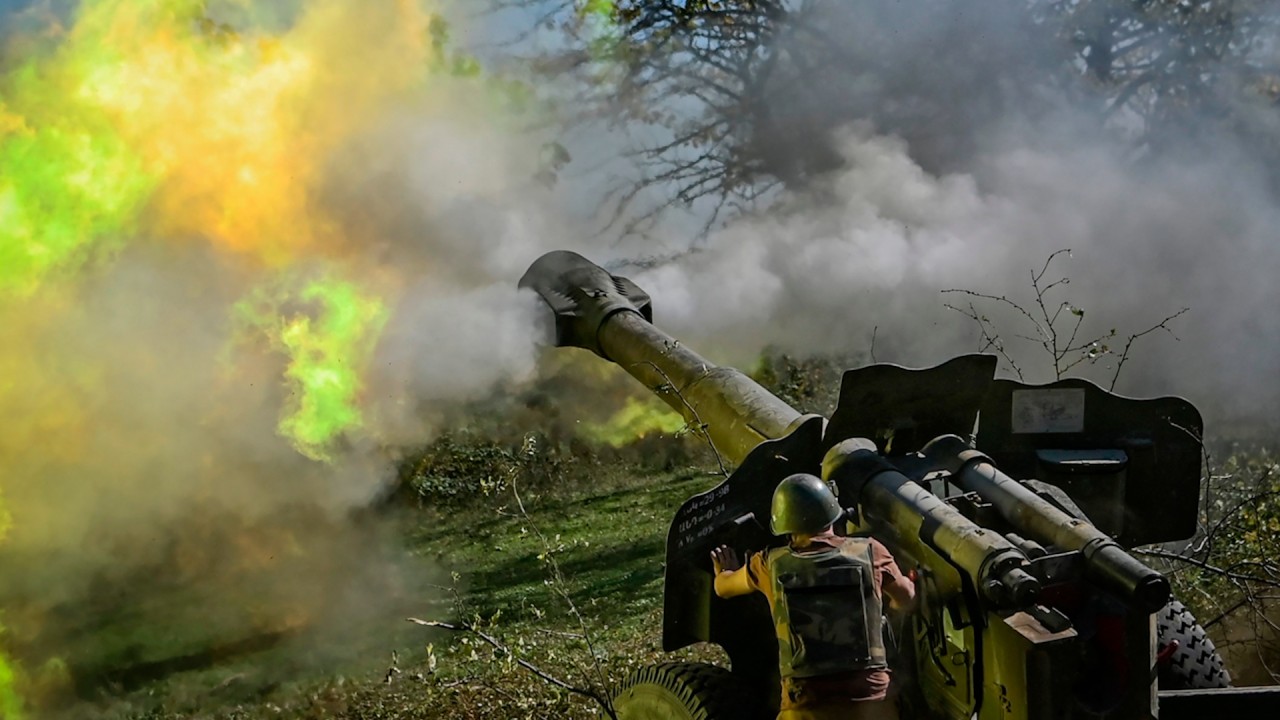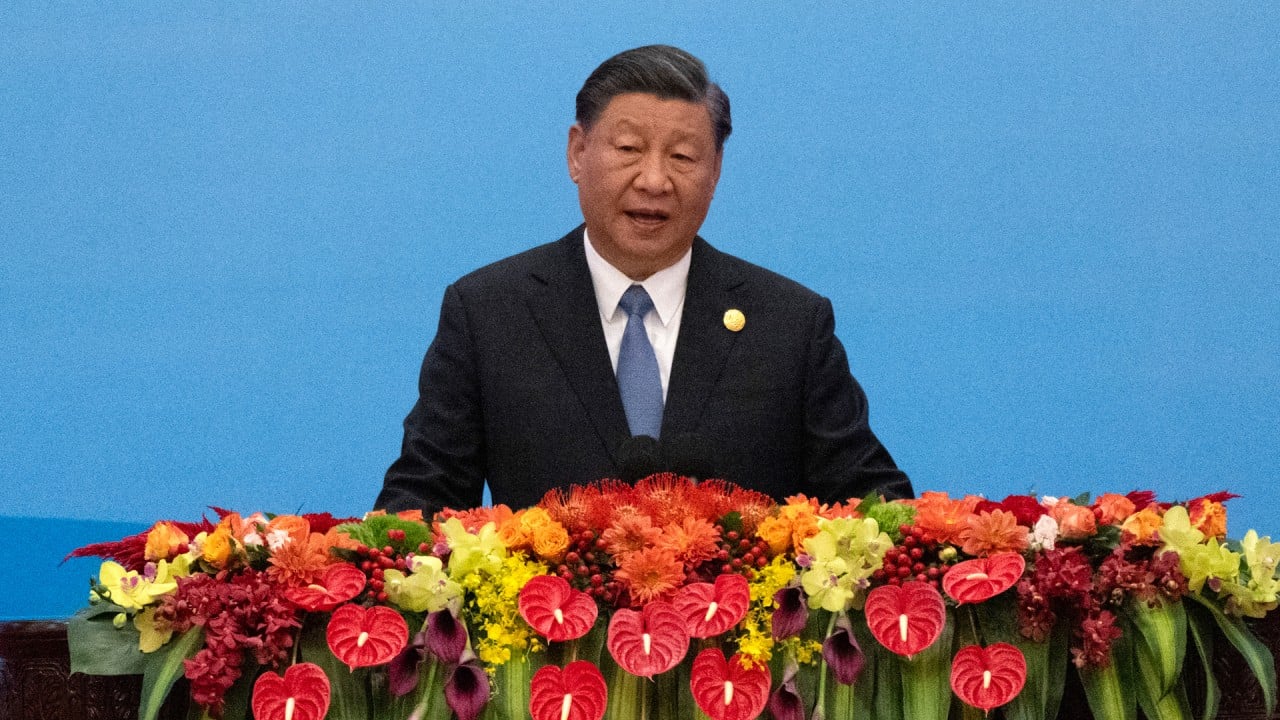Why Beijing Xiangshan Forum is where the Global South can find security solutions

Themed “Common Security and Lasting Peace”, this year’s edition formally opens on Monday and will be attended by security officials from 90 countries and international bodies, including 22 defence ministers.
The vice-chairmen of China’s all-powerful Central Military Commission, Zhang Youxia and He Weidong, welcomed and held talks with the defence ministers of Vietnam, Laos and Mongolia when they arrived on Saturday to attend the forum, the Chinese defence ministry said. Ranked No 2 and No 3 respectively, both Zhang and He are higher in the Chinese military hierarchy than the defence minister.
However, none of those mediators would be able to provide the two southern Caucasus countries with effective and practical solutions to settle their decades-old territorial dispute and ethnic conflict, Beijing-based defence expert Li Jie said.
But China might make a difference, and that was the inspiration behind their attending the security dialogue, Li said.
“The more conflict there is, the more China wants to intervene because it can exert more influence. China is [also] the most capable country to take part in post-war reconstruction in these battered countries.”
“The first step is to approve the SCO observer status sought by Armenia and Azerbaijan,” Sun, now an independent researcher focusing on regional security and major power relations, said.
SCO secretary general Zhang Ming said in March that the organisation was actively considering the two countries’ applications for observer status.
The SCO, set up in 2001, is seen as part of Beijing’s ambitions to counter the Western-led international order. China, Russia, Pakistan, India and the four central Asian countries of Kazakhstan, Kyrgyzstan, Tajikistan and Uzbekistan were joined by Iran as the ninth SCO member state in July.
Armenia and Azerbaijan are currently among the group’s six dialogue partners.
“Beijing can also include the two countries into its [belt and road] international logistics construction corridor, or directly mediate and push negotiations between them,” Sun said.
“As an inland state, Armenia has been blockaded by Turkey [which supports Baku] and Azerbaijan for decades and out of reach of [belt and road] projects. If China could convince both countries to work on the same project for mutual benefit, their territorial disputes will not be a problem any more.”
Chinese general to step in for missing defence minister at security forum
Chinese general to step in for missing defence minister at security forum
Beijing Xiangshan Forum organisers have billed this year’s event as the biggest ever since the first edition in 2006. Launched as a biennial event, it became annual from 2015, before in-person editions were suspended since 2020 due to the coronavirus pandemic.
Sessions this year will cover issues ranging from security cooperation to the role of developing countries in global security, and the direction and goals for regional security and development.
“In particular, there is a big increase in representation from developing countries and international and regional organisations,” Chinese defence ministry spokesman Wu Qian said on Thursday.
The forum will not only amplify China’s views on regional disputes, but also provide a platform for developing and small countries like Armenia and Azerbaijan “to present their own explanations, and let their voice be heard by the outside world”, Zhou Chenming, researcher at the Beijing-based Yuan Wang military science and technology think tank, said.
“Many members of the Association of Southeast Asian Nations (Asean) that are regular participants of the Shangri-la Dialogue also sent their defence ministers to Xiangshan this year, indicating China’s growing global influence,” he added.
All but two of the 10 Asean member states – Brunei and the Philippines – have sent their defence chiefs to the forum.
Analysts read the move as reiterating Xi’s commitment to his signature project and its centrality to his geopolitical vision, noting how closely he tied China’s development to that of emerging economies.







